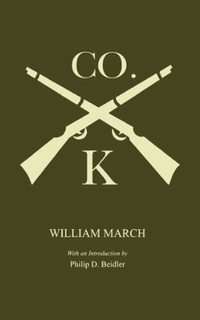Collection
24 Books You've Probably Never Heard of but Will Change Your Life
Need a new book? Here are 24 books you've probably never heard of (but will change your life).
Xenophon, like Plato, was a student of Socrates. For whatever reason, his work is not nearly as famous, even though it is far more applicable. Unlike Plato, Xenophon studied people. His greatest book is about the latter, it’s the best biography written of Cyrus the Great (aka the father of human rights). There are so many great lessons in here and I wish more people would read it. Machiavelli learned them, as this book inspired The Prince.
The best philosophy comes from people who were not “philosophers.” Syrus was a slave and his moral maxims are far better than perhaps the most famous book in this category, those of Duc de la Rochefoucauld. Some favorites: “The mightiest rivers are easy to cross at their source.” “Avarice is the source of its owns sorrows.” And of course, extra-applicable to this list, “Many receive advice, few profit by it.”
Those familiar with my writing will not think this is an unknown book. But for far too many people it is. You can get a PhD in philosophy and not be forced to read this–and that’s a travesty. I imagine because it’s one of the few texts that wastes no time on pretension or explanations of the world. It simply tells you how to live a little better. Just wrap your head around this: At some point around 170 AD, the single most powerful man in the world sat down and wrote a private book of lessons and admonishments to himself for becoming a better, kinder and humbler person. And this text survives and you have access to it today.
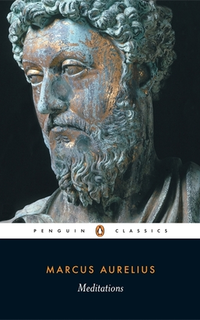
Basically a friend and peer of Michelangelo, Da Vinci, Raphael Titian and all the other great minds of the Renaissance sat down in 1550 and wrote biographical sketches of the people he knew or had influenced him. Unless you have a degree in Art History it’s unlikely that anyone pushed this book at you and that’s a shame. Because these great men were not just artist, they were masters of the political and social worlds they lived in. There are so many great lessons about craft and psychology within this book. The best part? It was written by someone who actually knew what he was talking about, not some art snob or critic, but an actual artist and architect of equal stature to the people he was documenting.
Patriotism is not a concept that gets a lot of love today. But this essay/book makes you think a little. Released in 1863 during the height of the Civil War, the plot’s simple: an innocent man caught up in Aaron Burr’s treasonous conspiracy stands trial for his actions. When asked to address the judge, he bitterly remarks that he wishes to be done with the United States forever. So the judge grants his wish as a punishment–he’s sentenced to live the rest of his life in a cabin aboard ships in the US Navy’s foreign fleet, and no sailor is to ever mention the US to him again. He dies many years later, an old man like Rip Van Winkle, unsure of the changing world around him. For those with some understanding of historical, you’ll enjoy the meta-fiction of it, for those that haven’t it is still a very good look into early America.
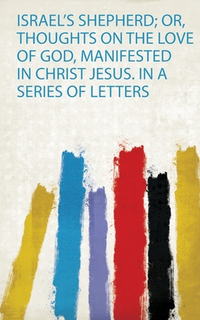
This one won’t stay unknown for long as Brad Pitt’s doing a movie about it but please don’t let that scare you away. If there is one book you read about slavery in America, read this one. It’s the real story of a born freedman in the North who, as a traveling musician, was brought out of his home state on false pretenses in order to be captured, kidnapped, and transported South to be sold as a slave. It’s fucking harrowing and written lucidly and articulately by the person who experienced it. For 12 years, he was a slave–and not some border-state slave, but a bayou slave in the deep South. He was cut off from his family and his freedom, and even among the slaves he was different. He couldn’t tell anyone he could read and write, he couldn’t even tell anyone that he was formerly free because they threatened to kill him if he did. This book is just as good as Frederick Douglass’ memoir and I think illustrates the horrors of slavery in a much more undeniable way.
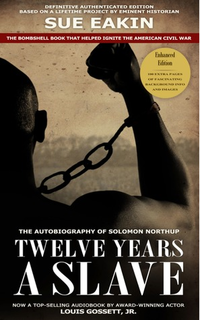
Mark Twain, for all his bitterness and sarcasm, was just more fun for average people to read than Ambrose Bierce. But Bierce is the one who truly captured the Civil War–a terrible and awful conflict in which death and destruction and stupidity were far more prevalent than strategy or heroism. This book (half fiction and half memoir) contains the story “An Occurrence at Owl Creek Bridge,” which Kurt Vonnegut called the greatest short story ever written. Too many books about the Civil War are inaccessible, with their flanking movements and war vocabulary. This book is all people. Must read.
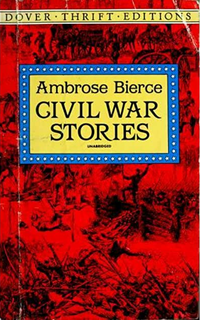
The memoir of a professional gambler, fighter and criminal who rode the riverboats of the Mississippi and Red Rivers. It’s a true and vibrant snapshot of a period of American life that you can’t get anywhere else. Gun fights, brawls, cons–it’s all here. Fascinating, peculiar and very easy to read.
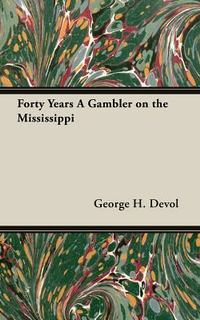
A dark and moving first-person narrative, about the conflicting drives for self-preservation and self-immolation inside all of us. Hunger is about a writer who is starving himself. He cannot write because he is starving and cannot eat because writing is how he makes his living. It’s a vicious cycle and the book is a first-person descent into it. Strangely modern for being published in 1890 and ultimately inspired a lot of great stream-of-consciousness writing since (but influence goes unacknowledged because Knut was a Nazi sympathizer).
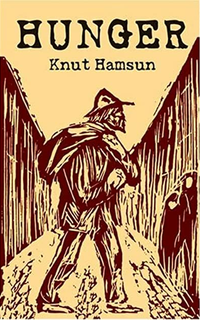
This book is the preserved correspondence between Old Gorgon Graham, a self-made millionaire in Chicago, and his son who is coming of age and entering the family business. The letters date back to the 1890s but feel like they could have been written in any era. Honest. Genuine. Packed with good advice.
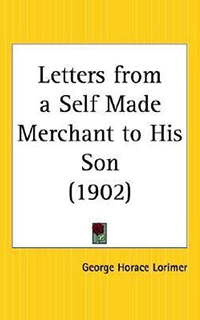
This is the lost and translated book that came out of a series of pieces Johnson–perhaps the greatest boxer who ever lived–wrote for a French newspaper in 1911. It’s not very long but it is full of really interesting strategies and anecdotes. You get the sense that he was an incredibly intelligent and sensitive man–clearly had a thirst for drama and attention. Who knows what place he would occupy in our culture and history had he not been taken down so thoroughly by racism and genuinely evil people? But despite all that, he was always smiling. As Jack London put it after Johnson’s most famous fight: “No one understands him, this man who smiles. Well, the story of the fight is the story of a smile. If ever a man won by nothing more fatiguing than a smile, Johnson won today.”
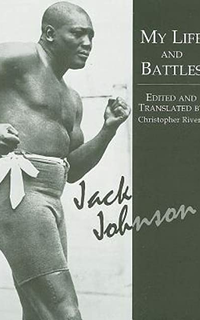
Far and away the best book ever written about WWI. Better than All Quiet on the Western Front or Goodbye to All That or any of the other classics. But that’s the problem–WWI was awful, perhaps the most awful thing of the 20th century. And this book is forgotten precisely because it portrays the war and its pointlessness too realistically. We want to know, but we don’t really want to know.
